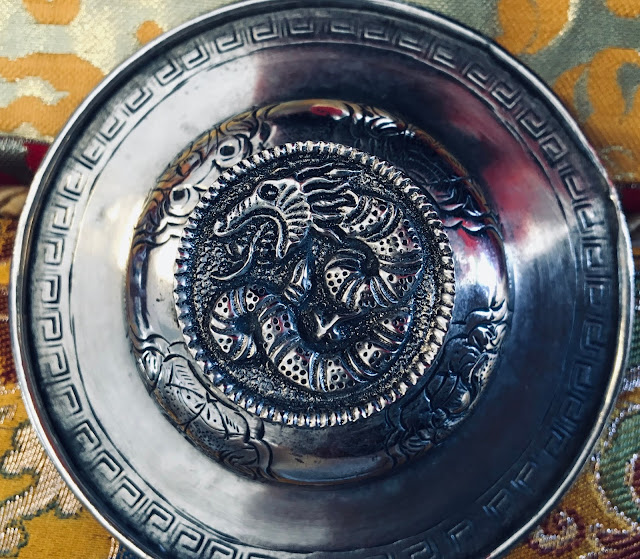Homage to the Muses
I am desperately trying to remember an idea that I had earlier. It was so vivid, so good, that I was certain that I will remember it for years to come. A few hours later — nothing. Not a single shred of memory apart from the fact that it was good and important. Where do our thoughts come from? Are they stored somewhere, and we just put our hands down, grab one by the neck and take it to the surface of our mind? No? Do we produce them? I guess that is the answer of most. ‘It is my thought! I built it myself’? ‘Out of what’, I would ask. I always had the feeling that the thoughts do not belong to me. It always feels rather magical to have an idea and most of the time I don’t feel happy receiving the credit for it. I feel like a fraud, like a pretender. People in older times were somehow humbler. They believed in the existence of the Muses, and I find this very agreeable. How wonderfully humble that idea is! I produce something, but only if I am inspired by the gods. So ‘...



Comments
Post a Comment